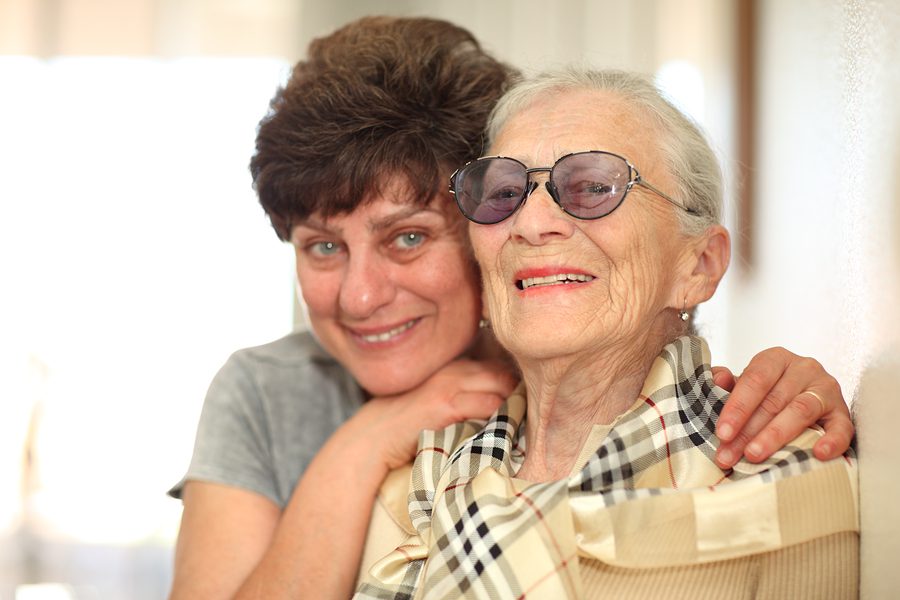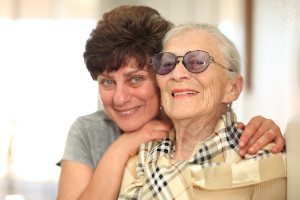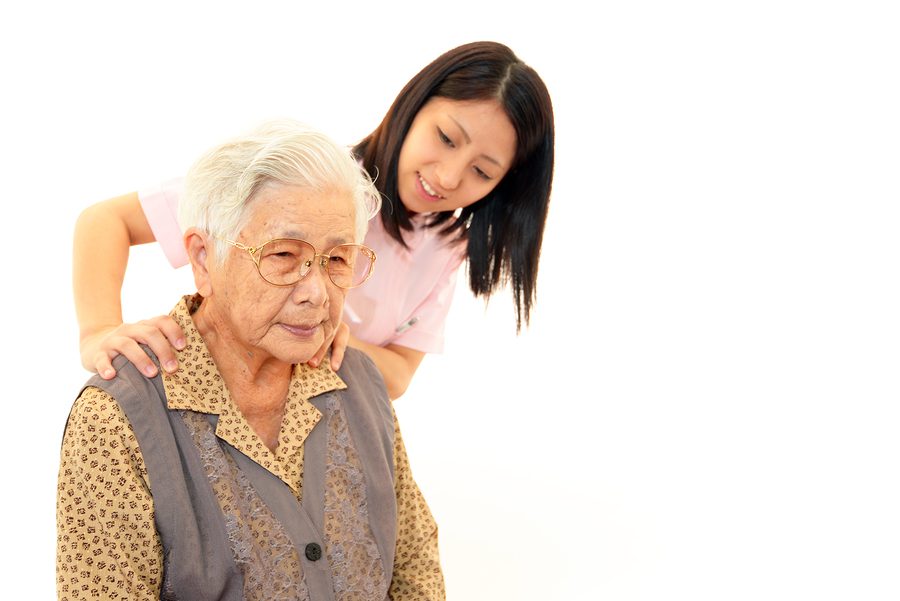
Elder Care Concerns near Seal Beach, CA: Should I Tell My Loved One They Were Diagnosed with Alzheimer’s?
Alzheimer’s is a tough journey not only for the person diagnosed, but also for the one in charge of elder care.Caregivers often struggle with the decision of whether or not to tell their loved one that they have been diagnosed with Alzheimer’s disease. There are many concerns about dealing with emotions and changes that accompany this progressive brain altering disease.
During the early stages of the disease, your loved one may have a sense that something is wrong with them. They may even express their concerns to you and ask questions. At this point it is best to answer them honestly regarding their health. The doctor or specialist can assist you in telling your loved one.
Your loved one may start off understanding the disease during the early stages, but as it progresses, so will the symptoms. This may cause them to forget that they were diagnosed with Alzheimer’s. At this point, it is not necessary to keep reminding them.
Even if they do ask questions at this point, it is vital that elderly home care handle the situation carefully. If you try to over explain, they could become more confused and agitated.
Your loved one will eventually get to a place in their daily life where they will no longer ask questions. They will reach what is called their “happy place.” Repetitive questions and confusion in their behavior should be handled by redirecting the conversation or activity.
Every person with Alzheimer’s will advance through the stages differently and experience the symptoms on different levels. There is no one correct way to approach the situation. Many times elderly home care will involve periods of trial and error.
Being able to adapt your approach and try different techniques is key to dealing with their behaviors. When you attempt to answer their questions, watch their tone and aggressiveness. You may find that saying as little as possible about their diagnosis at this point is the best way to approach each day.
To sum it up, elder care should consider talking with their loved one about their diagnosis in the earliest stage of the disease. However, as they advance and become more confused with what is going on, it is best to redirect their attention onto something else. It becomes more important to focus on the journey ahead and making the best quality of life possible.
However, if you consider the points raise here today, you’ll have a better idea of when it’s time for in-home care.
And, if you have any follow-up questions, please contact us (310) 400-6869…we are always here to assist…You are Important to Us!
We pride ourselves in the Best In-Home Care!
Caregiving for You, Inc.



